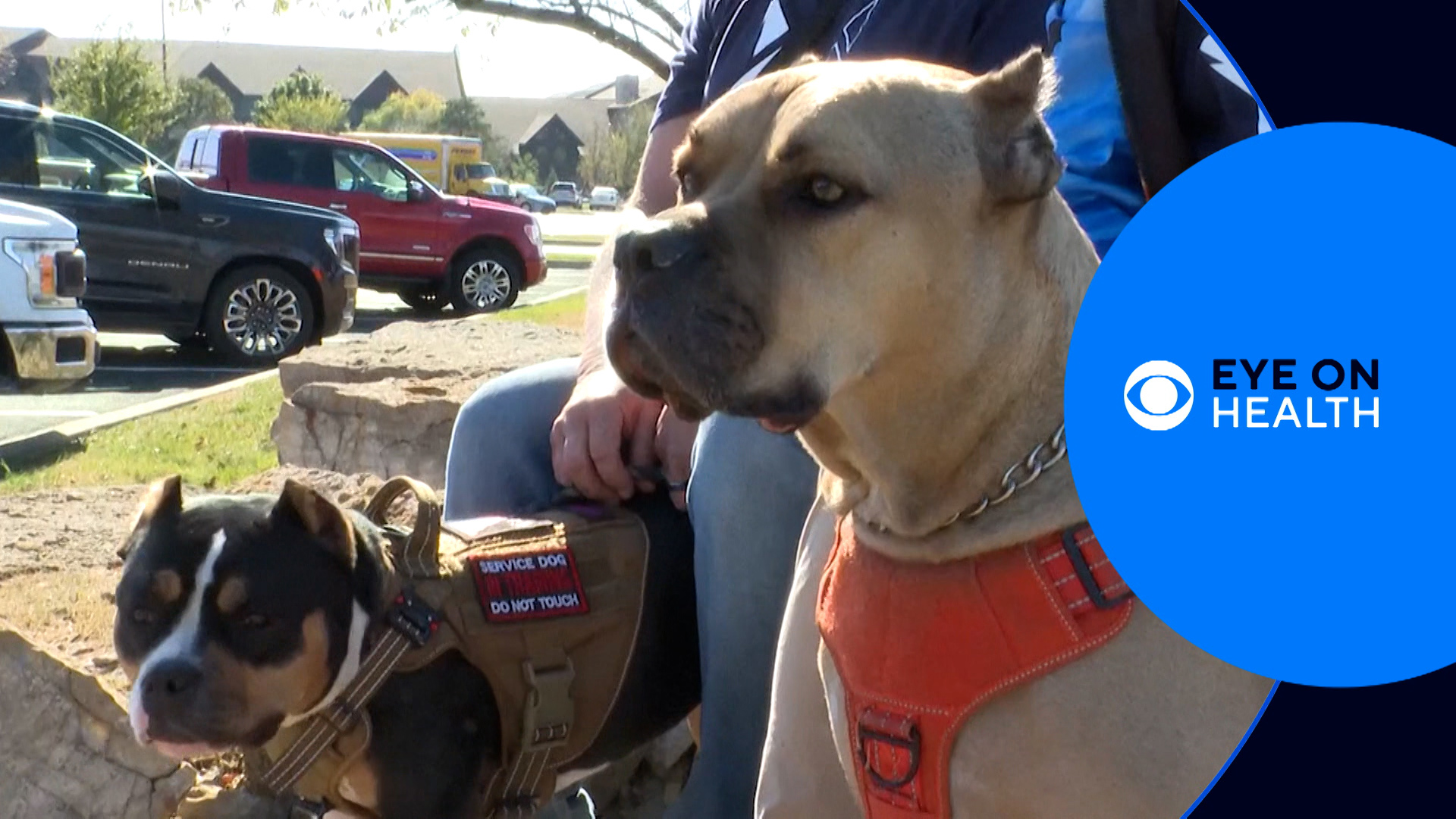COLUMBIA, S.C. — The South Carolina Legislative Audit Council (SCLAC) released an audit of the South Carolina State Law Enforcement Division’s (SLED’s) creation and operation of a statewide sexual assault kit (SAK) tracking system.
Members of the General Assembly asked the audit council to check SLED’s compliance with the law, whether SLED was using best practices, and whether it was developing appropriate partnerships with stakeholders to determine how SLED could improve the administration of the sexual assault kit tracking system.
Act 134 (H3309, R139) directed SLED to create a sexual assault kit tracking system for all sexual assault kits in South Carolina in 2020, “regardless of when they were collected, in order to further empower survivors with information, assist law enforcement with investigations and crime prevention, and create transparency and foster public trust.”
The system would track sexual assault kits through every stage, from initial collection of evidence through examinations performed at medical facilities to receipt and storage at law enforcement agencies, analysis at forensic laboratories, and storage and any destruction after completion of analysis.
Access to the system would be given to participating entities (medical, law enforcement, laboratories, etc.) to update and track the status of the sexual assault kit, use electronic or other technologies to allow for continuous access, and allow victims of sexual assault to anonymously track or receive updates regarding the status of the sexual assault kit.
Amongst the data, SLED was asked to compile under Act 134 was reporting the total number of sexual assault kits in the system, the total number of SAKs that have completed forensic analysis, the number of sexual assault kits where forensic analysis has been requested but not completed, and the average and median length of time for such analysis to be completed after a sexual assault kit has been submitted both statewide and by jurisdiction.
To complete its audit, SCLAC interviewed SLED staff, members of the sexual assault kit task force and other state agencies; reviewed InVita Healthcare Technologies and the company’s Track-Kit Sexual Assault Kit tracking system, including training webinars; reviewed US Dept. of Justice programs, SLED crime statistics, operation manuals and other data on SLED’s website; and South Carolina Office of the Attorney General’s opinions.
Some key dates from the SCLAC audit:
- Gov. Henry McMaster signed H3309 into law on May 14, 2020. The deadline to implement the tracking system was June 1, 2022.
- Sept. 3, 2020: The first sexual assault kit task force meeting.
- June 1, 2022: Sexual assault kit tracking system implementation deadline passes
- July 26, 2022: Sexual assault kit tracking system contract start date
- Oct. 24, 2022: The task force met again
- Dec. 11, 2023: The first region goes live in sexual assault kit tracking system
- Feb. 20, 2024: Track-Kit is live in all regions
SCLAC audit findings, in summary:
- The sexual assault kit task force held only two meetings and has not been active since the planning stages of the sexual assault kit tracking system.
- SLED, as the mandated operator of the tracking system, did not adequately communicate with local law enforcement agencies or medical facilities leading up to the Track-Kit system going live
- SLED selected an appropriate vendor in InVita Healthcare Technologies to track sexual assault kits. However, SLED’s contract to outsource sexual assault kit testing does not comply with state law.
- SLED cannot verify the number of sexual assault kits in the system. Track-Kit recorded 763 total kits in the system as of July 1, 2024. However, just in SLED’s laboratory, as of October 2023, there were a reported 1,987 kits pending testing. As of July 1, 2024, only 64% of law enforcement agencies and 50% of medical facilities in South Carolina had enrolled in the Track-Kit system.
- There are no statewide comprehensive guidelines covering timelines for those responsible for handling the collection, processing and testing of sexual assault kits. As a result, sexual assault kit processing times in South Carolina are considerably longer than in the majority of states.
- In South Carolina, the average number of days for a sexual assault kit to be picked up by law enforcement from a medical facility is 49 days; the longest is 198 days. In comparison, most other states are within five days or less.
- The average number of days for a sexual assault kit to be delivered to a forensic laboratory by law enforcement (after being picked up from a medical facility) is 32 days; the longest is 1,340 days or 3.7 years. The time in the majority of other states is within 30 days.
- The average number of days it takes a laboratory to complete the forensic analysis of a sexual assault kit in South Carolina is 457 days; the longest is 2,087 days or 5.7 years. Most other states complete the forensic analysis within 90 days or less.
- In addition, SCLAC found South Carolina is only one of six states without a required time frame for any stage of sexual assault kit processing.
- The state does not align with national best practices or the majority of states’ requirements for the storage of sexual assault kits. In South Carolina, anonymous sexual assault kits “may be destroyed after one year of storage, despite here being no statute of limitations for sexual assault offenses (except those involving a spouse).”
SCLAC concludes a summary of its audit by stating: “South Carolina’s sexual assault statistics and Track-Kit data show that the current system of investigating sexual assault offenses is inefficient. In the absence of mandated processing and storage times, justice is being delayed or denied for victims, many of whom are under the age of 18.”
You can read the complete, detailed report at SCLAC's link here.
SLED issued a response to SCLAC's audit Thursday afternoon:



